Also known as Coronary Heart Diseases or Cardiovascular Diseases, these heart-related conditions are prevalent today among adults.
Let’s unite people in the battle against cardiovascular diseases and inspire them to adopt heart- healthy habits with the global campaign for World Health Day on 29th September. We should emphasise the actions that people may take to prevent and manage CVD. You should inspire people to take action by letting them know the risk factors which can prevent at least 80% of heart disease and stroke-related fatalities.
In assessing whether or not you are likely to develop heart disease, several risk factors are crucial. Age and genetics are two factors that are beyond your control. In men and women, the chance of developing heart disease rises at the ages of 45 and 55, respectively. If you have close relatives who have a history of heart disease, your risk may be higher.

Usually, being overweight makes other heart disease risk factors worse.

Heart disease risk is heightened by diabetes. Diabetes and heart diseases happen more likely by obesity and high blood pressure.

Unchecked hypertension can result in the arteries' hardening and thickening. The body's and the heart's blood flow is disrupted by these alterations.

The risk of coronary artery disease is increased by a family history of the condition, particularly if a parent had it at a young age.

Heart disease in many forms, and some of its risk factors are linked to inactivity (sedentary lifestyle).

Smoke from cigarettes is somewhere responsible for damaging the arteries. Smokers are more likely to get a heart attack than non-smokers. Reach out to the expert doctors if you need assistance in quitting smoking.

Heart disease is directly related to diets high in cholesterol, fat, salt, and sugar. Hence, people who take these bad diets are more likely to increase their chances of developing Cardiovascular diseases.

Unrelieved stress might deteriorate other heart disease risk factors and damage the arteries.

Although genetics can raise your risk of heart disease, bad lifestyle choices also have a
significant
impact.
Unhealthy lifestyle decisions that might lead to heart disease include the following:
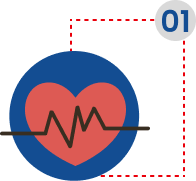
Not getting enough exercise and leading a sedentary lifestyle
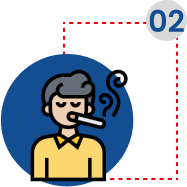
Smoking
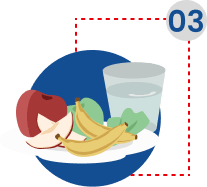
Eating a diet that is unhealthy and heavy in salt, sugar, trans fats, and fat proteins
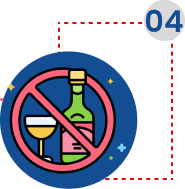
Heavy alcohol use
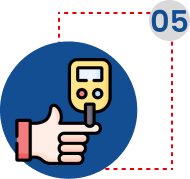
Failing to control your diabetes

Continuing to work in a stressful setting without using effective stress reduction approaches
Heart disease generally occurs when there's a buildup of plaque in the blood vessels as well as the arteries leading to the heart. Due to this, the heart isn't able to get the nutrients and oxygen that it needs. When the inner lining of an artery or blood vessel becomes damaged due to smoking, triglycerides, high blood pressure or elevated cholesterol, plaque keeps collecting and building up over time.


Make sure to exercise 4-5 times a week.

Keep up a balanced diet

Maintain a healthy weight.

Become less stressed out.
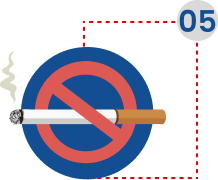
Give up smoking

Drink responsibly.

To identify anomalies and evaluate risk factors, schedule yearly physical checkups with your doctor
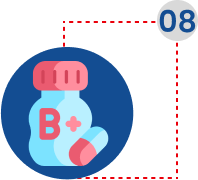
As your doctor may have instructed, take vitamins.
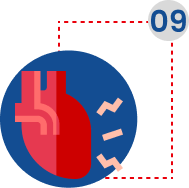
Become familiar with the symptoms of cardiac disease, a heart attack, and a stroke.
Whether you're in your 50s or 60s, make heart disease prevention a top
priority.
World Heart Day is an international movement where individuals, families, communities, and
governments participate in acts to take charge of their own and others' heart health. We should
motivate people from all nations and backgrounds in the fight against the burden of CVD and inspire
them to heart-healthy living. Everybody having access to heart health is seen as a fundamental
human right and an essential element of global health justice.